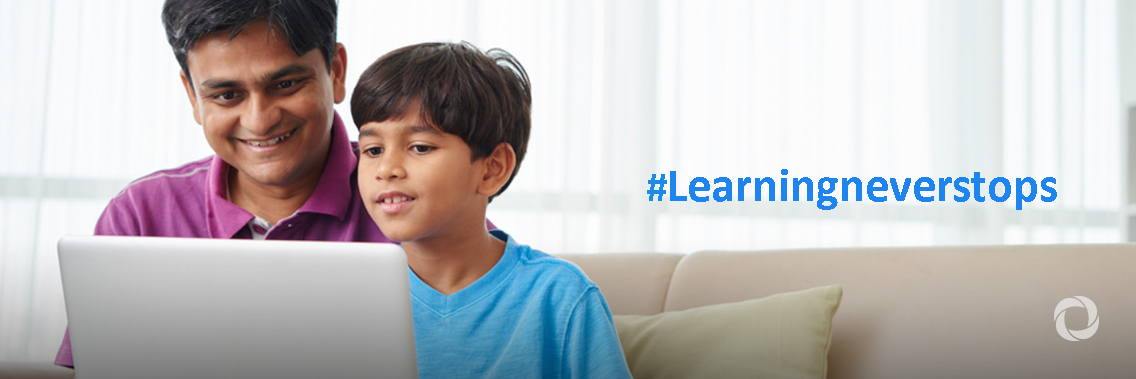At a time when 87% of the world’s student population is affected by COVID-19 school closures, UNESCO is launching a global education coalition to support countries in scaling up their best distance learning practices and reaching children and youth who are most at risk.
Over 1.5 billion learners in 165 countries are affected by COVID-19 school closures.
“Never before have we witnessed educational disruption on such a scale,” said UNESCO Director-General Audrey Azoulay. “Partnership is the only way forward. This Coalition is a call for coordinated and innovative action to unlock solutions that will not only support learners and teachers now, but through the recovery process, with a principle focus on inclusion and equity.”
Since closing schools to contain the COVID-19 pandemic, governments have been deploying distance learning solutions and grappling with the complexity of provisioning education remotely, from delivering contents and supporting teachers to providing guidance to families and addressing connectivity challenges. Equity is the paramount concern because closures disproportionately hurt vulnerable and disadvantaged students who rely on schools for a range of social services, including health and nutrition.
UN Deputy Secretary-General Amina Mohamed expressed the UN’s full commitment to the Coalition, warning that “for millions of children and youth from disadvantaged backgrounds, school closures could mean the loss of a vital safety net – of nutrition, protection and emotional support.”
Multilateral partners, including the International Labor Organization, the UN High Commission for Refugees, The United Nations Children’s Fund, the World Health Organization, the World Food Programme and the International Telecommunication Union, as well as the Global Partnership for Education, Education Cannot Wait, the OIF (Organisation Internationale de la Francophonie) the Organization for Economic Cooperation and Development, and the Asian Development Bank have joined the Coalition, stressing the need for swift and coordinated support to countries in order to mitigate the adverse impacts of school closures, in particular for the most disadvantaged.
The private sector, including, Microsoft, GSMA, Weidong, Google, Facebook, Zoom, KPMG and Coursera have also joined the Coalition, contributing resources and their expertise around technology, notably connectivity, and capacity strengthening. Companies using learner and educational data have committed to uphold ethical standards.
Philanthropic and non-profit organizations, including Khan Academy, Dubai Cares, Fundación Profuturoand Sesame Street are also part of the Coalition, mobilizing their resources and services to support schools, teachers, parents and learners during this time of unparalleled educational disruption.
Media outlets are also invited to join the Coalition, as has done the British Broadcasting Corporation (BBC).
With its emphasis on equity and gender equality, the Global Education Coalition will respond to countries’ specific needs, as envisaged during the meetings of Education Ministers convened by UNESCO.
Specifically, the Coalition aims to:
- Help countries in mobilizing resources and implementing innovative and context-appropriate solutions to provide education remotely, leveraging hi-tech, low-tech and no-tech approaches
- Seek equitable solutions and universal access
- Ensure coordinated responses and avoid overlapping efforts
- Facilitate the return of students to school when they reopen to avoid an upsurge in dropout rates.
Original source: UNESCO
Published on 26 March 2020

